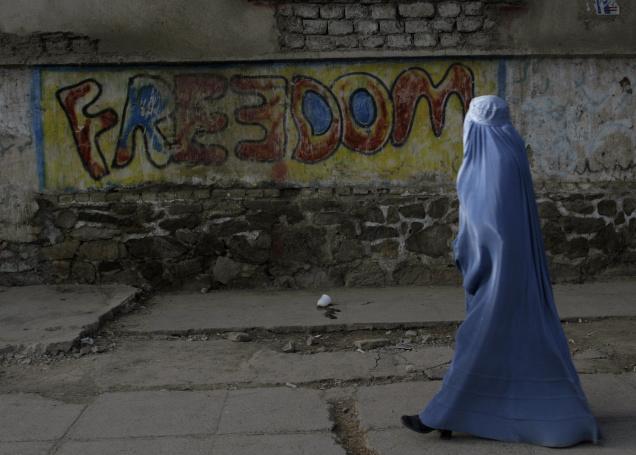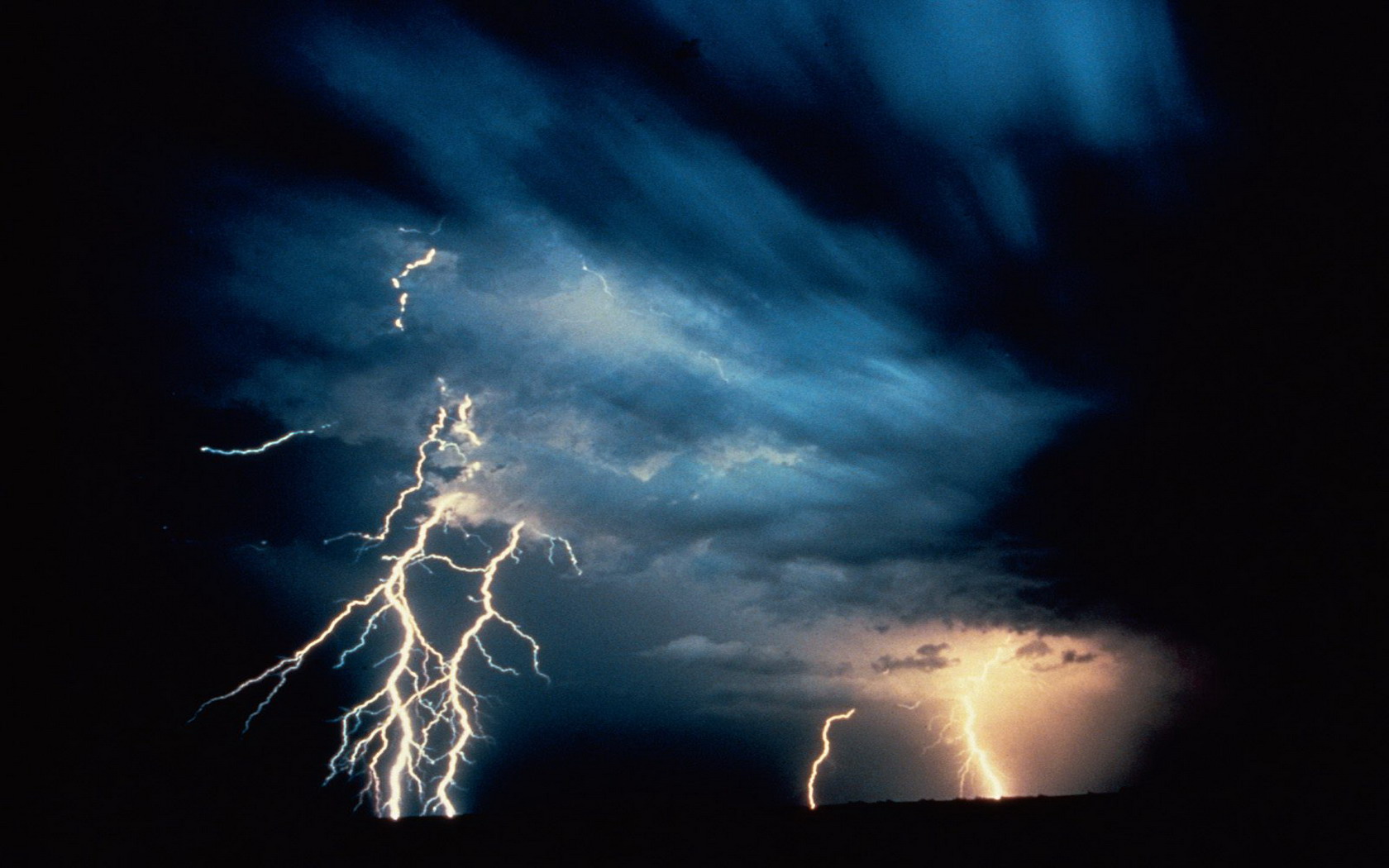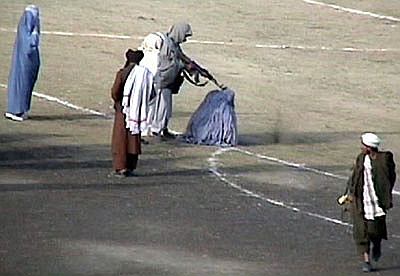On April 5 2014 the entire global community will keep close watch on the upcoming national election in Afghanistan. One of the most significant issues that will determine the success of the Presidential candidate will be the status of women. More specifically, the future President must address how values and laws implemented by the Afghan government and Western states can be maintained during the new presidency.
[captionpix align=”left” theme=”elegant” width=”250″ imgsrc=”http://natoassociation.ca/wp-content/uploads/2013/11/NDk1ODQzM2UzYSMvS0tMOWU5R29leG9EUEZEa1gyTjFubGhSenVBPS84NDB4NTMwL3NtYXJ0L2ZpbHRlcnM6cXVhbGl0eSg3NSk6c3RyaXBfaWNjKDEpL2h0dHAlM0ElMkYlMkZzMy5hbWF6b25hd3MuY29tJTJGcG1idWNrZXQlMkZzaXRlJTJGYXJ0aWNsZXMlMkY1OTEzMyUyRm9yaW.jpg” captiontext=””]
Women and Islam in the Middle East
To protect women’s rights and to sustain the achievements of women’s rights activists, it is crucial to create policies and legal solutions aimed at improving the conditions of women in Afghanistan. Rather than simply criticizing Islam as the sole source of infringement on women’s rights in the Middle East, policy makers must give issues of structural violence and political unrest equal attention. Many misconceptions regarding Islam have developed in the post 9/11 world, and these misunderstandings undermine the West’s ability to encourage viable solutions to the challenges faced by Afghan women.
Development in Afghanistan
The International Crisis Group reported that some of the successes achieved for and by women in Afghanistan are a consequence of the presence of women in the public sphere: 40% of school children are now girls; women in the parliament, bureaucratic, judicial, security, and entrepreneurial sectors consist of 27 %. Further, the values of gender equality have been enshrined in the Afghanistan constitution and institutions. As an example, the Elimination of Violence Against Women (EVAW) criminalizes rape.
However, the preparation for withdrawing troops, in addition to the Afghan Presidential elections in 2014, brings about some concerns. About whether these social, political, and economic gains achieved for women will be forgotten once all power is returned to Afghanistan’s political parties. On November 15 2013, John Kerry and Hillary Clinton stated that “many women are concerned that the country could return to the days of the Taliban control, when girls were barred from attending school and women forced indoors.” Currently, the US and Afghan governments are negotiating whether to have a small US combat force present in Afghanistan post-2014. Such a precaution responds to an increase in threats against women since security has been transferred over to the Afghan National Security Forces (ANSF). It has also been reported that conservative members of the Afghanistan Parliament have strongly opposed the EVAW law, calling it un-Islamic.
The Future
Canada, NATO, and its allies have contributed immense economic resources to development projects in Afghanistan. Maintaining and supporting these economic contributions depends on having the Afghan government protect and develop women’s rights in Afghan culture. This involves increasing female access to health care and education, as well as educating women about laws to protect their rights. By strengthening the formal justice system and establishing a timetable for EVAW law prosecutions, the rights of women will be embedded into the legal system which, in turn, will eventually elevate their status in Afghanistan. The International community must continue to support services and economic opportunities for women by monitoring the Afghan parliament’s assistance for women.
One important recommendation that the international community should consider is to help the Afghan government to ensure effective policing of the rural areas of Afghanistan. Such policing would safeguard against traditional beliefs overpowering the institutionalized legal procedures in Afghan society.




